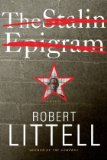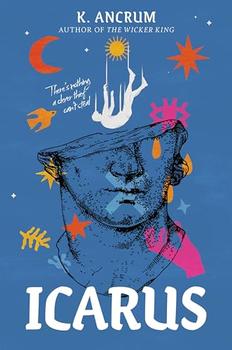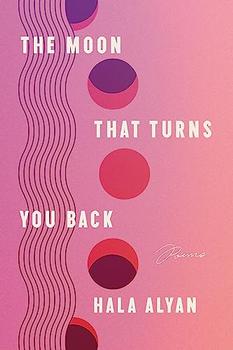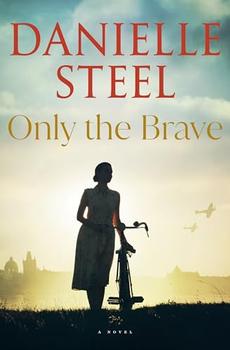Summary | Excerpt | Reviews | Beyond the Book | Readalikes | Genres & Themes | Author Bio

Critics' Opinion:
Readers' Opinion:
First Published:
May 2009, 384 pages
Paperback:
Jun 2010, 384 pages
 Book Reviewed by:
Book Reviewed by:
Derek Brown
Buy This Book
"It is the one he composed for you, my dear. Shamefaced glances."
Mandelstam set down the glass of water.
"Mistress of shamefaced glances," he began, the stubby fingers of one hand splayed above his balding scalp, his pupils burning into the eyes of the woman next to me.
Suzerain of little shoulders!
Pacified the dangerous headstrong male...
I leaned toward Zinaida. "Tonight you must conduct yourself decently," I instructed her. "You must stop teasing him."
"But it's you I tease," she whispered back, flaying playfully at my knuckles with the end of one of the long braids that plunged down her chest. "You excite me as much as he does."
Why, like a Janissary, do I prize
That swiftly reddening, tiny, piteous
Crescent of your lips?
Don't be cross, my Turkish love,
I'll be sewn up with you in a sack...
"In Ottoman Turkey," I told Zinaida, my lips grazing her ear, "adulterous wives were sewn into sacks with their lovers and cast into the sea."
Never lifting her gaze from Mandelstam, her reddening, tiny, piteous lips barely moving, she murmured, "Oh, I shouldn't mind drowning like that."
I stand at a hard threshold.
Go. Go, I say! -- Yet, stay a while.
"Hard threshold," Zinaida repeated.
"Hard indeed," I said with a snicker of suggestiveness.
The eleven souls apart from us who had braved a January snowstorm to attend the reading broke into fervent applause. Two or three of the younger members of the audience stomped the wooden floorboards with the soles of their galoshes. The Literary Gazette's chief editor, a brave fellow who had published Mandelstam when Mandelstam was publishable, had been bitterly disappointed by the turnout, which he attributed to the subzero weather. Despite my husband's low profile in recent years, there were still many poetry lovers who considered him to be an iconic figure, so the editor had reassured us. We liked to think this was true, but we were no longer as sure of it as we had been in the late twenties when a Mandelstam reading could fill a small concert hall.
Mandelstam, suddenly breathing with difficulty (he suffered from occasional palpitation of the heart), swayed drunkenly, then stepped to the side and, steadying himself with a hand on the lectern, bowed from the waist.
"Has he been drinking?" Zinaida asked me above the clamor.
"He drank half a bottle of Georgian wine before the reading to calm his nerves," I told her. "But he is not intoxicated, if that's what you mean. I have never seen Mandelstam intoxicated on alcohol, only on words."
Standing at the back of the room, the woman editorial director of a state publishing house, who was known as the Pigeon (it was widely believed she kept our Chekists informed of who said what at gatherings such as this one), called out, "Questions, answers."
I waved a warning finger at my husband, hoping to get him to end the evening then and there; I feared the Pigeon would try to provoke him into saying something that could land him in hot water with our minders. When his instinct for survival (mine as well as his) had dominated his fine sense of right and wrong, he used to beat about the bush. No longer. In the months since we'd returned from the Crimea, where we'd seen hoards of rake-thin and bone-weary peasants, victims of Stalin's collectivization rampage, begging for crusts of bread at train stations along the way, Mandelstam had become dangerously outspoken. In recent weeks he had taken to quoting lines from an old 1931 poem of his whenever one of his acquaintances passed through our kitchen: How I'd love to speak my mind, To play the fool, to spit out truth. I lived in dread he would do precisely that -- I was terrified he would repeat in public things he'd confided to intimate friends in private: about the individual he called the Kremlin mountaineer, about the utter failure of the Bolshevik Revolution to improve the lot of common people, about the transformation of Russia into a police state far worse than existed under the miserable tsars, about how the Communist apparatchiki who kept an eye on artists had deprived poets of the right to write boring poems.
Copyright © 2009 by Robert Littell





Only the Brave by Danielle Steel
A powerful, sweeping historical novel about a courageous woman in World War II Germany.
Your guide toexceptional books
BookBrowse seeks out and recommends the best in contemporary fiction and nonfiction—books that not only engage and entertain but also deepen our understanding of ourselves and the world around us.